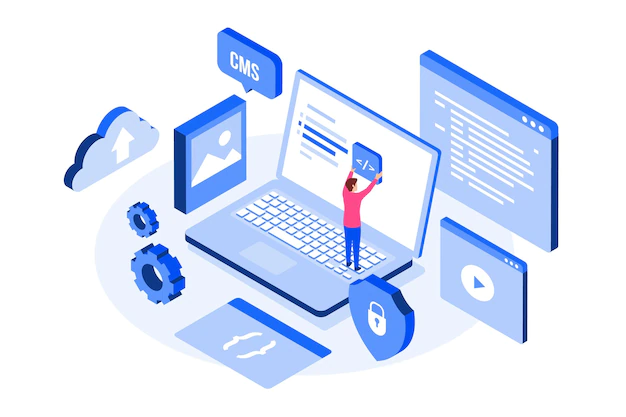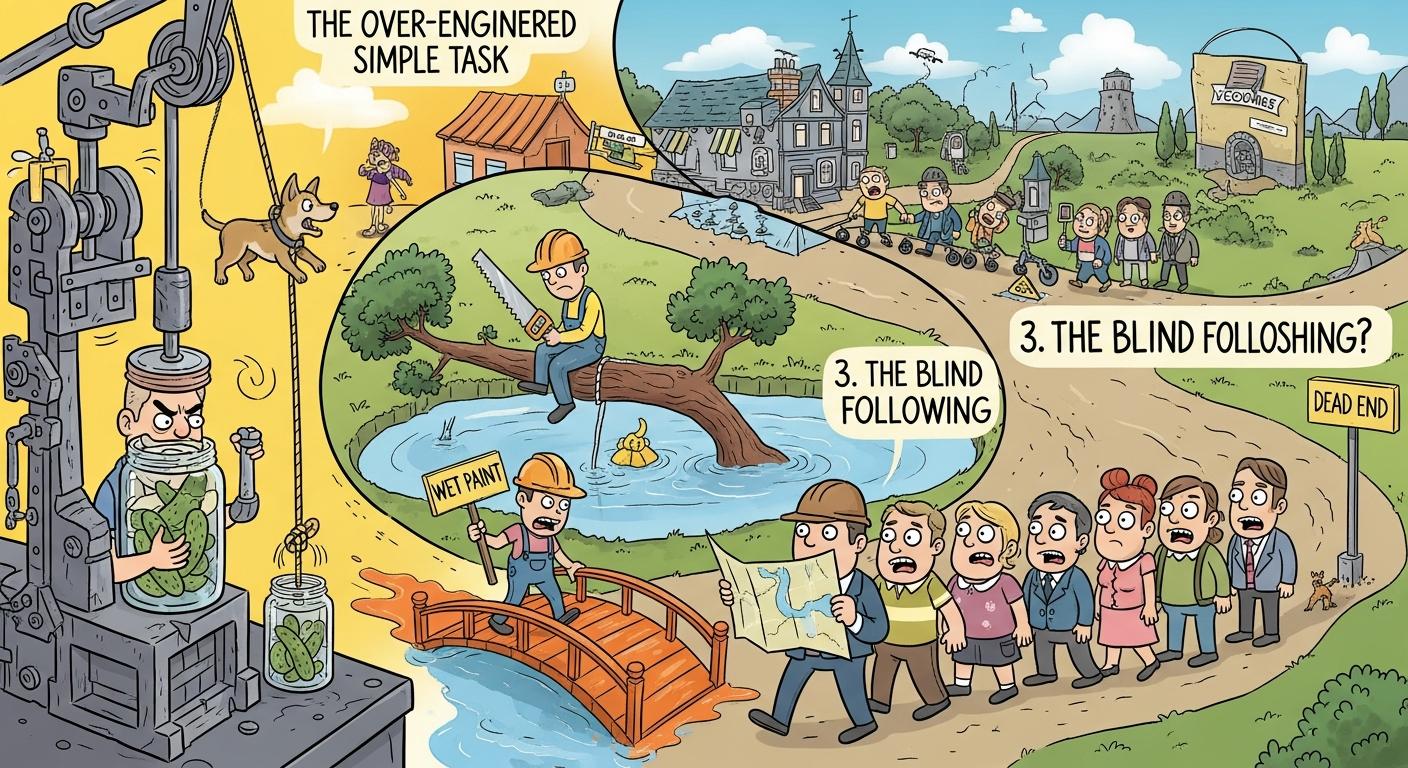Summarize this Article with:
What is The Full Form of SAP The Ultimate Guide — What Is It?

SAP Full Form is a Software Application Platform, a term used in business, accounting, and finance. It is also a generic name for SAP software.
In business, SAP Full Form may refer to:
1. The SAP ABAP programming language, which is the underlying language of SAP software.
2. The SAP ERP system, is a comprehensive enterprise resource planning system from SAP SE.
3. Specific features of the SAP HANA database system from SAP SE.
4. Specific products and services from SAP SE, such as the SAP CRM system or the SAP BPC platform.
5. Specific versions of SAP software, such as SAP NetWeaver 7.3 or SAP HANA 4.0.
What is SAP
SAP stands for Software Application Platform, and it is a business software system developed by SAP AG. It is used to manage and integrate applications within an organization. With SAP, companies can centrally manage their application landscapes and streamline business processes.
SAP is one of the most popular business software systems in the world. It has been used by organizations of all sizes and industries to quickly and easily create, deploy, and manage applications.
The SAP Full Form is an umbrella term that refers to the entire suite of SAP products and services. It includes the following: SAP ERP Central Administration (SAP ECA), which is a platform that enables companies to manage their entire application landscape; SAP HANA, which is a database that provides speed and scalability for large-scale data processing; SAP Cloud Platform (SAP CP), which provides users with access to the latest cloud technologies; and SAP Leonardo, which is a cloud-based AI solution that helps businesses automate workflows.
If you’re looking for an enterprise-class business software system to help you streamline your operations and manage your application landscape, look no further than the SAP.
What does SAP stand for?
SAP AG is an enterprise software company headquartered in Walldorf, Germany. It develops and provides enterprise software products and services. SAP was founded in 1972 and has since then become one of the world’s largest software companies. SAP is a proponent of modularity and object-oriented design, making it a popular choice for business process management, enterprise resource planning (ERP), and other complex application deployments.
History and Growth of SAP
SAP is an enterprise software company that provides a wide range of software products and services. SAP began in 1972 as a technical consulting firm, and has since grown to be one of the world’s largest software companies. SAP has two main product lines: ERP (enterprise resource planning) and CRM (customer relationship management). ERP systems manage all the business functions of a company, from accounting to purchasing to manufacturing. CRM systems help businesses manage customer relationships by tracking sales leads, customer orders, and customer complaints. In addition, SAP offers a variety of other services, such as software development and cloud computing.
What is SAP software used for?
SAP software is a powerful business software suite that can be used for a variety of purposes. Some of the most common uses for SAP software include managing finances, creating customer relationships, and managing production processes.
Characteristics of SAP
As a global market leader in business software, SAP has a wealth of knowledge and experience to share with its customers. SAP offers a broad range of applications, platforms, and services that help businesses manage their operations more effectively. The company’s software helps organizations analyze data, make decisions, and take action. SAP also offers training and support to help customers learn how to use its products.
SAP is well known for its robust security system, which helps protect customer data. The company also provides customers with a wide range of tools to monitor their performance and manage their risks.
SAP Advantages
If you are looking for a comprehensive SAP system, then the SAP is what you need. With its vast capabilities and scalability, the SAP can meet your needs no matter how big they get.
For businesses that operate in multiple countries, the SAP Full Form offers centralized management and governance. This means that all your data is centrally stored, making it easy to keep track of your business across different countries.
Additionally, the SAP Full Form offers a wide range of security features, which can help protect your data from unauthorized access. Additionally, the robust reporting capabilities make it easy to see how your business is performing from any perspective.
Finally, the SAP is easy to use, regardless of your technical experience. This means that you can quickly get up and running with the system, making it a valuable asset for your business.
Disadvantages of SAP
SAP is a multinational software company that produces enterprise resource planning (ERP) software.
Many people may be familiar with SAP because it is a popular choice for businesses of all sizes. But what are the disadvantages of using SAP?
One disadvantage of using SAP is that it can be expensive. The software can also be complex to use, which may make it difficult for smaller businesses to take advantage of its capabilities. Additionally, SAP can be difficult to integrate with other systems, which could lead to complications down the road.
Overall, there are several disadvantages to using SAP. However, if you’re looking for a comprehensive ERP solution, it may be the best choice for you.
In which fields we can use SAP and how?
SAP is a German acronym for “Software AG”. SAP is a comprehensive software package that helps businesses manage their information and processes. The software has been in the market for more than three decades and continues to be one of the most popular ERP systems on the market.
SAP Full Form comes in many different packages, each with its own set of features and benefits. In this blog post, we will discuss some of the most commonly used SAP features and how they can benefit your business.
1. Accounts receivable management: A critical component of any business is managing its accounts receivable. With SAP, you can easily manage your receivables by tracking sales history, forecasting future sales, and assigning invoices to customers automatically. This helps you ensure that you receive payments on time and keeps your cash flow healthy.\r
2. Inventory management: Keeping track of your inventory levels is crucial if you want to keep your business afloat. With SAP, you can easily track stock levels, calculate inventory values, and make necessary adjustments to optimize your inventory levels. This prevents shortages and maximizes profits.
3. Sales performance analysis: It’s important to monitor your sales performance and make necessary changes to optimize your marketing efforts. With SAP, you can easily track sales figures, identify key trends, and make informed decisions about your business strategy.
4. Customer relationship management (CRM): A critical component of any business is managing customer relationships. With SAP, you can easily manage your customers by tracking their contact data, managing customer orders, and processing payments. This helps you build long-term relationships with your customers and keep them happy.
5. Employee management: Keeping track of your employees’ strengths and weaknesses is crucial if you want to improve productivity and reduce turnover rates. With SAP, you can easily manage employee data including employee profiles, compensation information, and performance reviews. This helps you identify and address any workforce issues before they become major problems.
What is the difference between Sap and ERP?
ERP is an acronym for enterprise resource planning. SAP is a registered trademark of SAP AG. ERP systems are designed to manage and optimize resources within an organization, while SAP software provides a business application platform that enables organizations to create and manage their own applications.
What is other software similar to SAP?
There are many software programs similar to SAP. Some of the most popular include Oracle, Microsoft SQL Server, and IBM DB2. All of these programs offer a variety of features that can be helpful in business operations. It can be difficult to decide which program is the best fit for a specific business, but a comparison of the features each offer can help make a decision.
Conclusion
In this article, we’ve covered what SAP Full Form is and how it can be beneficial to your business. By using SAP Full Form, you’ll have access to a wide range of features that will help you manage your operations more effectively. If you’re looking for a way to streamline your business processes, then consider giving SAP Full Form a try.
Hey kids, how much did you like What is The Full Form of SAP? Please share your view in the comment box. Also, please share this story with your friends on social media so they can also enjoy it, and for more such stories, please bookmark storiespub.com.
Suggested Article –
- What is the full form of IAS
- What is the full form of NATO?
- What Is The Full Form Of UPSC
- What is the OTT Full Form













